Moscow, a city celebrated for its rich history and stunning architecture, has also embraced a digital future, becoming a hub for “smart city” technology. For modern travelers, this means a wealth of apps and digital services are available to make a trip more efficient, informed, and enjoyable. Gone are the days of relying solely on paper maps and guidebooks. The rise of Smart Tourism in Moscow allows visitors to navigate the city, find hidden gems, and manage their trip with the simple tap of a screen. From public transport to dining and translation, a comprehensive suite of digital tools is now at your fingertips, ready to transform your travel experience.
Navigating the City with Digital Maps and Transport Apps
The most crucial digital tool for any visitor is a reliable navigation app. While international services like Google Maps are often used, local apps are specifically designed to be more accurate and detailed for the Moscow urban environment. Yandex Maps, for instance, is the Russian equivalent of Google Maps. It provides up-to-the-minute traffic information, detailed public transport routes, and comprehensive business listings. The app’s ability to show real-time bus and tram locations is particularly useful.
Navigating the city’s vast metro system is another challenge that digital tools have solved. The Moscow Metro is a world of its own, with over 250 stations. A dedicated app like Yandex Metro is a must-have for every tourist. This application not only helps you find the fastest route between two stations, but it also provides details about transfers and even suggests which metro car to board for the most convenient exit at your destination. This kind of specialized information makes navigating the metro system seamless. This eliminates much of the guesswork. Consequently, using these apps helps visitors move around the city with the confidence of a local. This is a core component of Smart Tourism in Moscow.
On-Demand Services: From Taxis to Food Delivery
Beyond navigation, digital platforms have revolutionized daily logistics for travelers. Ride-hailing services, for example, have replaced the need to hail a taxi on the street. Yandex Go is the dominant service in Russia. It functions similarly to Uber and allows users to request a car, see a fare estimate, and track their driver in real time. For those without a local payment method, the option to pay in cash is a convenient feature. Additionally, Yandex Go integrates with other services. This includes food delivery from thousands of restaurants.
The rise of food delivery apps has also made dining incredibly convenient. Visitors can order food from a wide variety of cuisines and have it delivered directly to their hotel or apartment. Services like Yandex Eats and Delivery Club offer menus in English. They allow travelers to explore Moscow’s culinary scene without having to worry about language barriers. These services are particularly helpful after a long day of sightseeing. They provide a quick and easy way to enjoy a meal. This demonstrates how digital tools for Moscow travel extend far beyond simple navigation.
Staying Informed with Official and Community Apps
A smart traveler is an informed traveler, and a number of apps provide essential information about the city. The official Moscow Transport app, for instance, provides real-time updates on public transport and even marks points of interest on a map. For visitors seeking to explore the city’s cultural side, apps like izi.TRAVEL offer free audio guides for museums, historical sites, and walking tours. These apps allow visitors to explore at their own pace. They provide rich context about the places they are seeing.
Furthermore, social media platforms like Telegram are widely used in Russia. They are a valuable resource for finding local information. Many cultural institutions, restaurants, and tour companies have channels where they share news, events, and special offers. Therefore, by joining these communities, travelers can get an insider’s view of the city. This provides access to events that might not be found through traditional tourism channels. This kind of local connection is a key benefit of Smart Tourism in Moscow.
The Digital Wallet and Payment Landscape
For a truly seamless experience, modern travelers need a flexible payment solution. While international contactless payment services like Apple Pay and Google Pay have faced restrictions in Russia, local alternatives have thrived. The Troika card is the cornerstone of Moscow’s public transport system. It is a reusable smart card that can be topped up and used on the metro, buses, and trams. Many locals also use their bank apps to pay for services via QR codes. Therefore, understanding these local payment methods is essential for any modern visitor.
While foreign bank cards may not work everywhere, there are solutions to this problem. Some Russian banks offer digital cards for foreigners. They can be topped up online and used for in-country transactions. The ability to use these local digital solutions for a smooth payment process is a major step forward for modern Moscow tourism. It allows travelers to experience the city’s tech-driven infrastructure.
This helps avoid the need to carry large amounts of cash. The Moscow government is actively working to expand its digital infrastructure for tourism. This includes the development of the Russpass platform. The platform is designed to be a one-stop-shop for tourists. It helps them build travel routes, book tickets, and find information on the city’s attractions. Russpass is a significant step towards creating a truly unified digital travel ecosystem. It is an important initiative that showcases Moscow’s commitment to providing a seamless experience for visitors.
In conclusion, Moscow has become a leader in smart city technology. It offers an impressive array of digital tools for modern travelers. From essential navigation and transport apps to on-demand services and local payment solutions, a tech-savvy traveler can navigate the city with remarkable ease. By embracing these digital resources, visitors can move beyond the traditional tourist experience. They can immerse themselves in the vibrant life of the city, all with the power of their smartphone. This new era of Smart Tourism in Moscow ensures that a trip to the capital is not only memorable but also incredibly efficient and convenient.

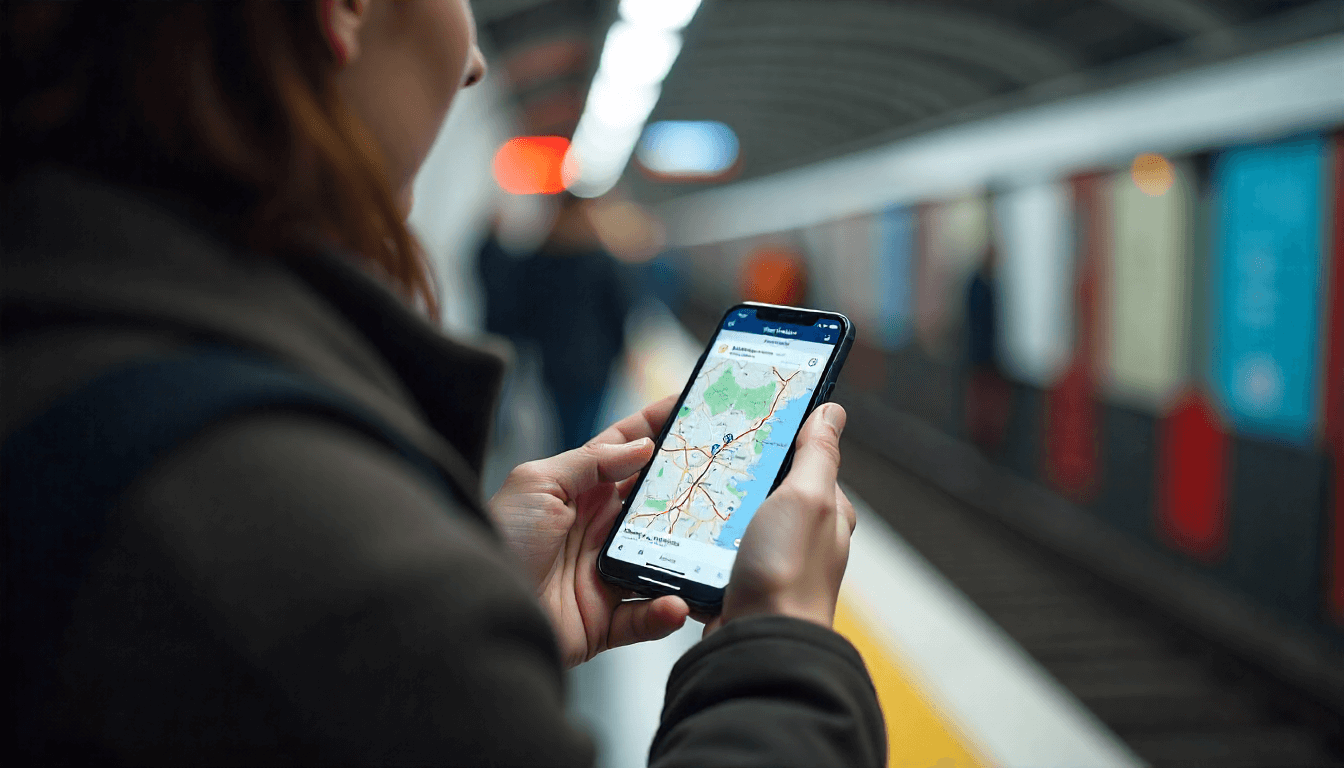 Slim toerisme in Moskou: Apps en digitale hulpmiddelen voor moderne reizigers">
Slim toerisme in Moskou: Apps en digitale hulpmiddelen voor moderne reizigers">

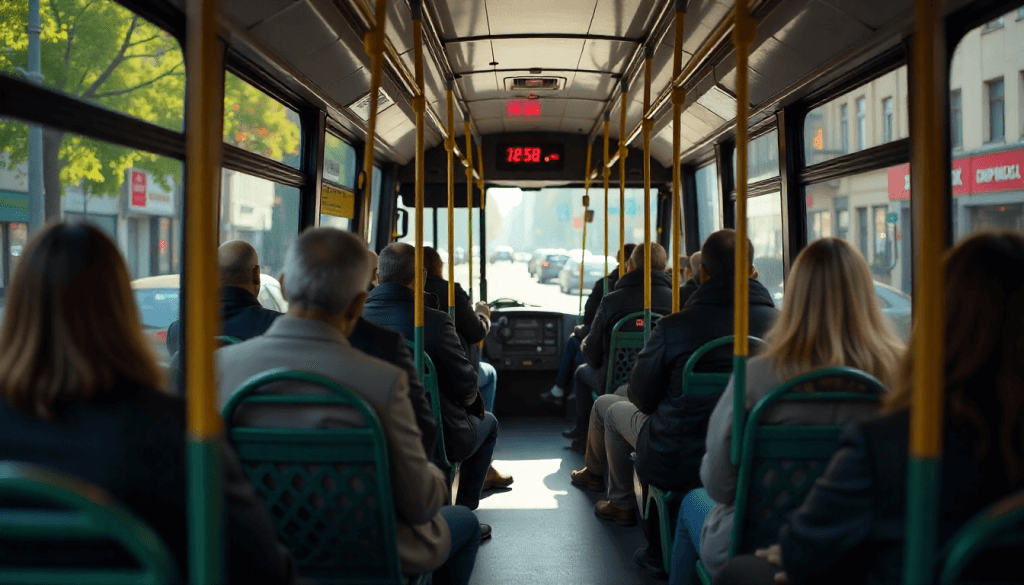 Vervoer in Moskou: Metro, Bussen en Alternatieve Transportopties">
Vervoer in Moskou: Metro, Bussen en Alternatieve Transportopties">
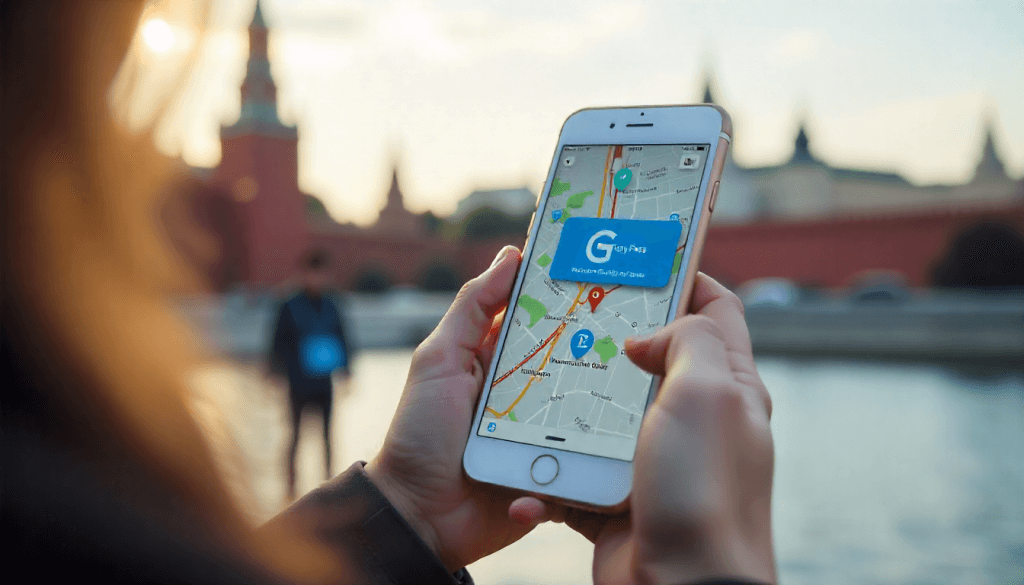 Digitale functies van de Moscow Pass: Uw tech-ervaring optimaal benutten">
Digitale functies van de Moscow Pass: Uw tech-ervaring optimaal benutten">
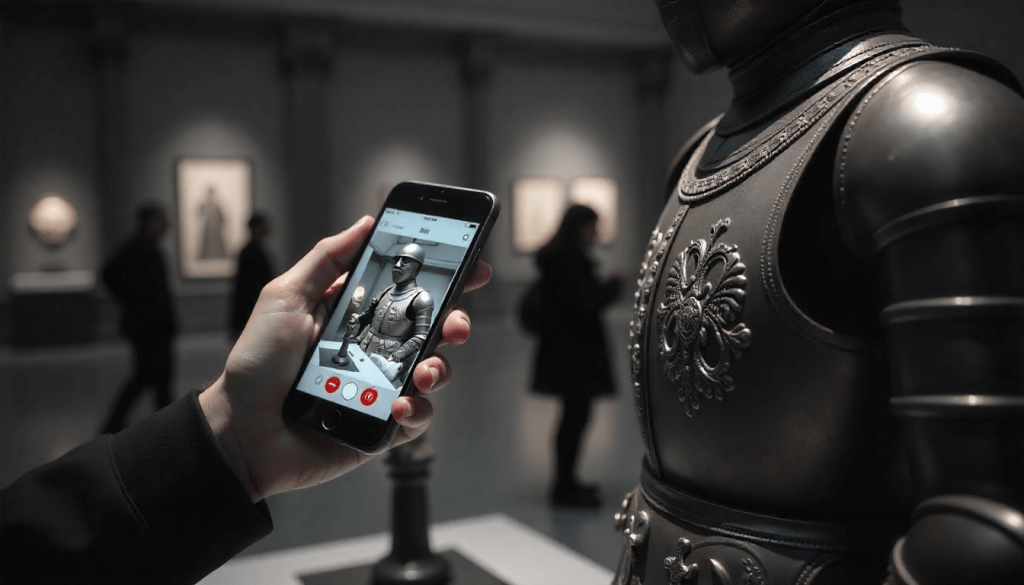 QR Code Avonturen: Moskou’s Nieuwe Interactieve Attractie Kenmerkt">
QR Code Avonturen: Moskou’s Nieuwe Interactieve Attractie Kenmerkt">
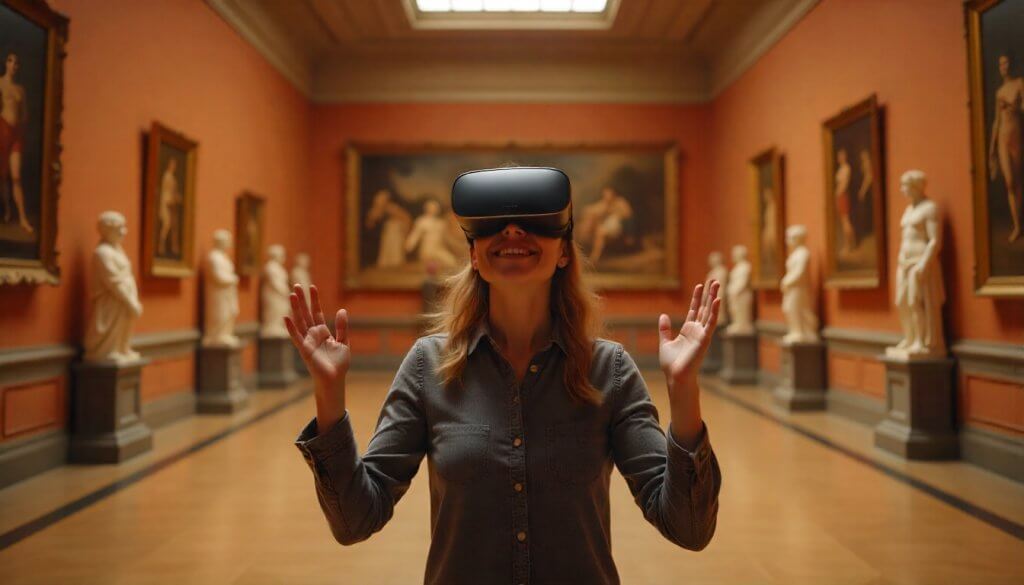 Virtual Reality Musea in Moskou: Wanneer fysiek en digitaal samenkomen">
Virtual Reality Musea in Moskou: Wanneer fysiek en digitaal samenkomen">
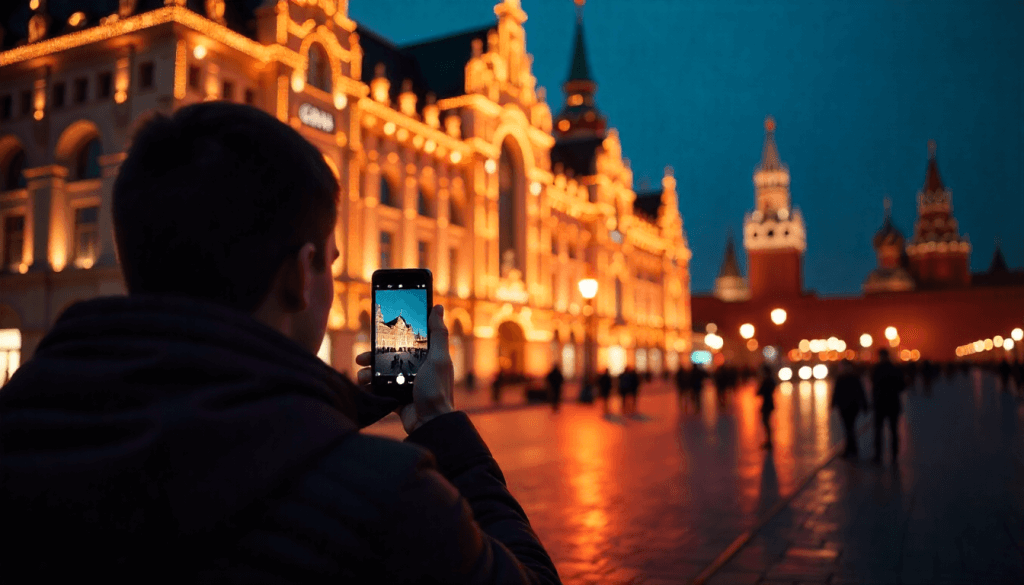 Moskou door je telefoon: Beste fotografie-apps en bewerkingstips">
Moskou door je telefoon: Beste fotografie-apps en bewerkingstips">
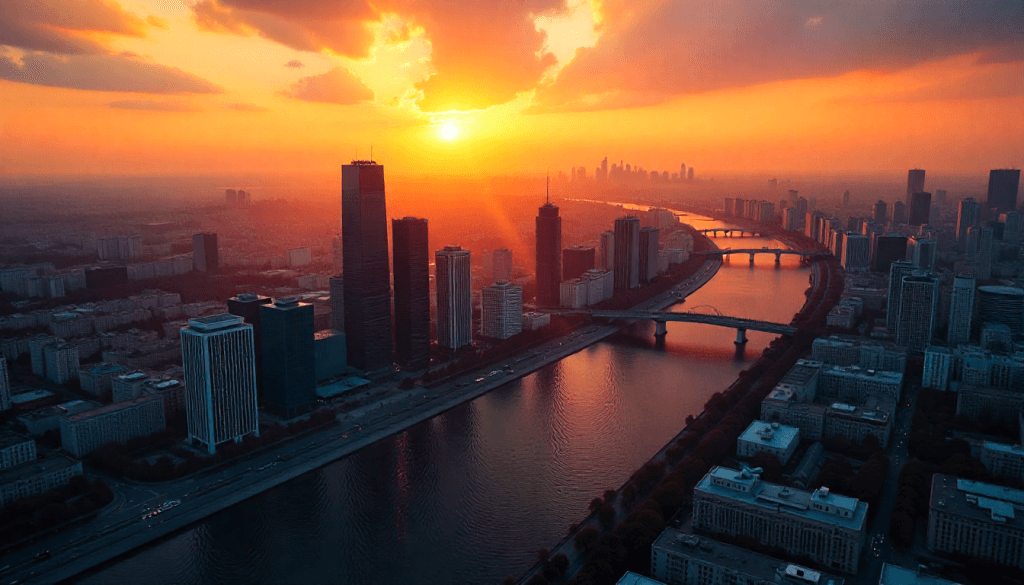 Dronefotografie in Moskou: Legale plekken en adembenemende luchtfoto's">
Dronefotografie in Moskou: Legale plekken en adembenemende luchtfoto's">
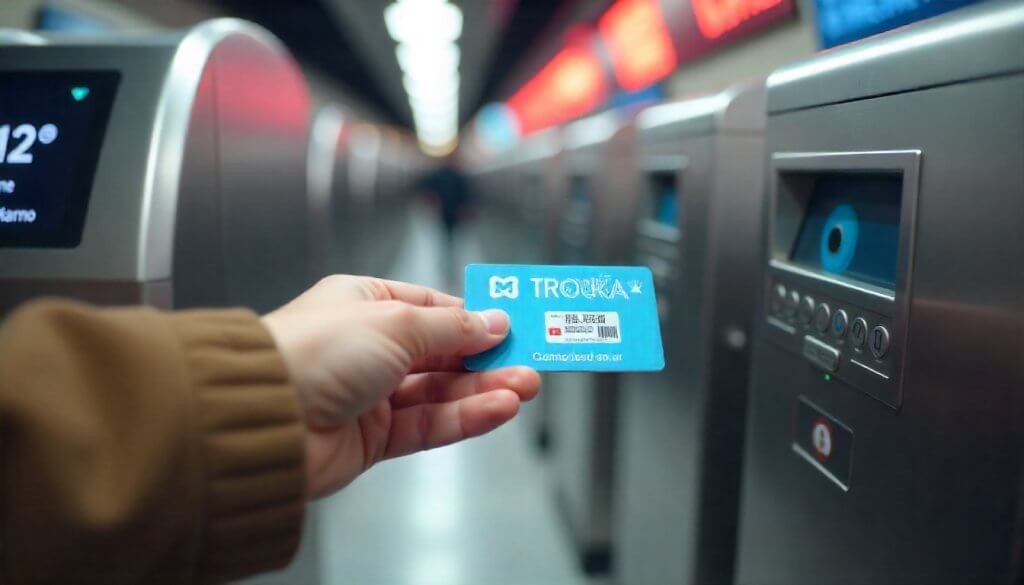 Moscow Pass en Apple Pay: naadloze digitale reiservaring">
Moscow Pass en Apple Pay: naadloze digitale reiservaring">
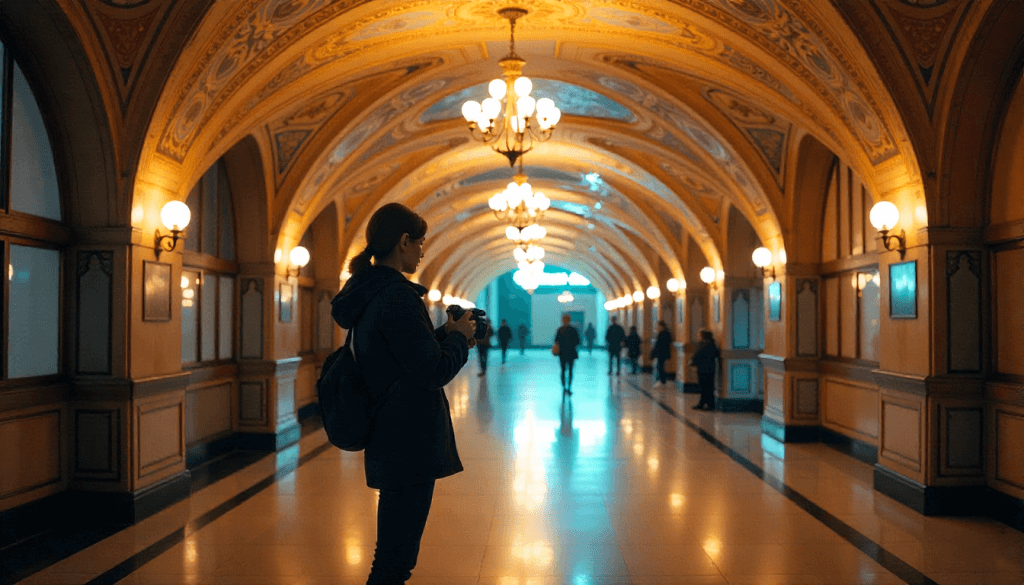 Instagrammable Moskou: Ideeën voor een fotografie workshop voor sociale media">
Instagrammable Moskou: Ideeën voor een fotografie workshop voor sociale media">
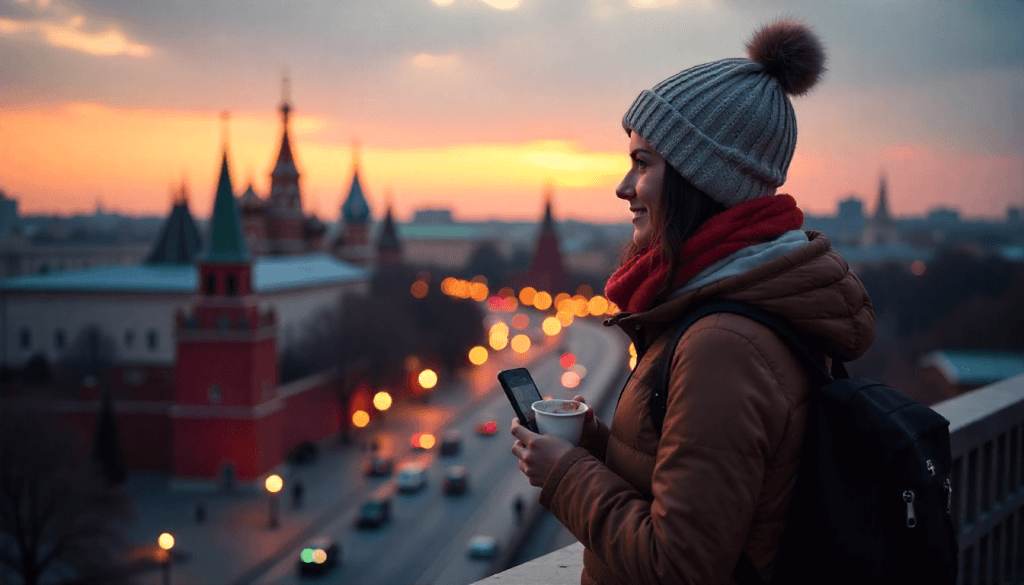 Rooftop Moskou: Geheime Uitzichtpunten en Hemelhoge Avonturen in 2025">
Rooftop Moskou: Geheime Uitzichtpunten en Hemelhoge Avonturen in 2025">
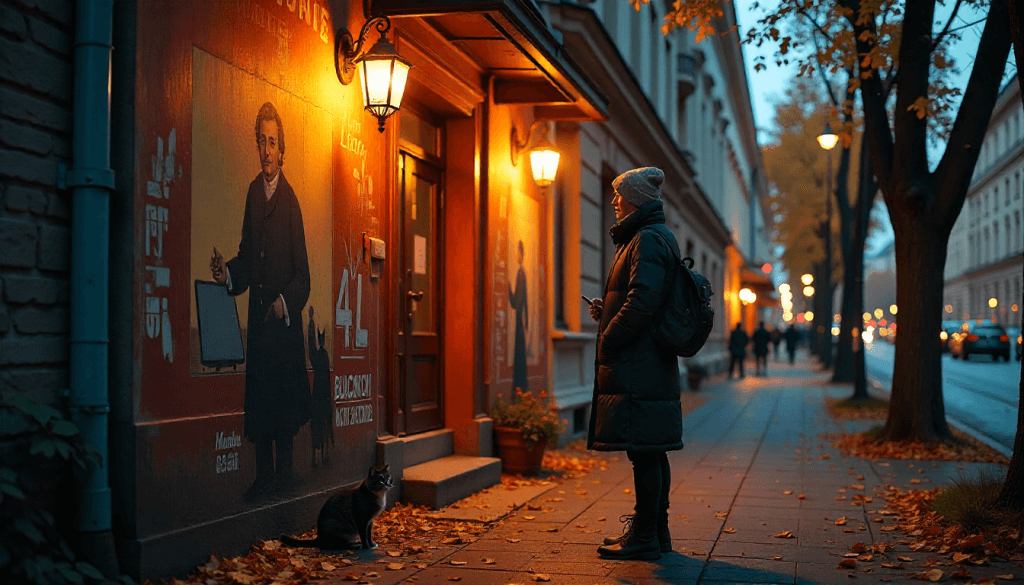 Verborgen Moskou: Unieke locaties die je pas ontgrendelt in 2025">
Verborgen Moskou: Unieke locaties die je pas ontgrendelt in 2025">